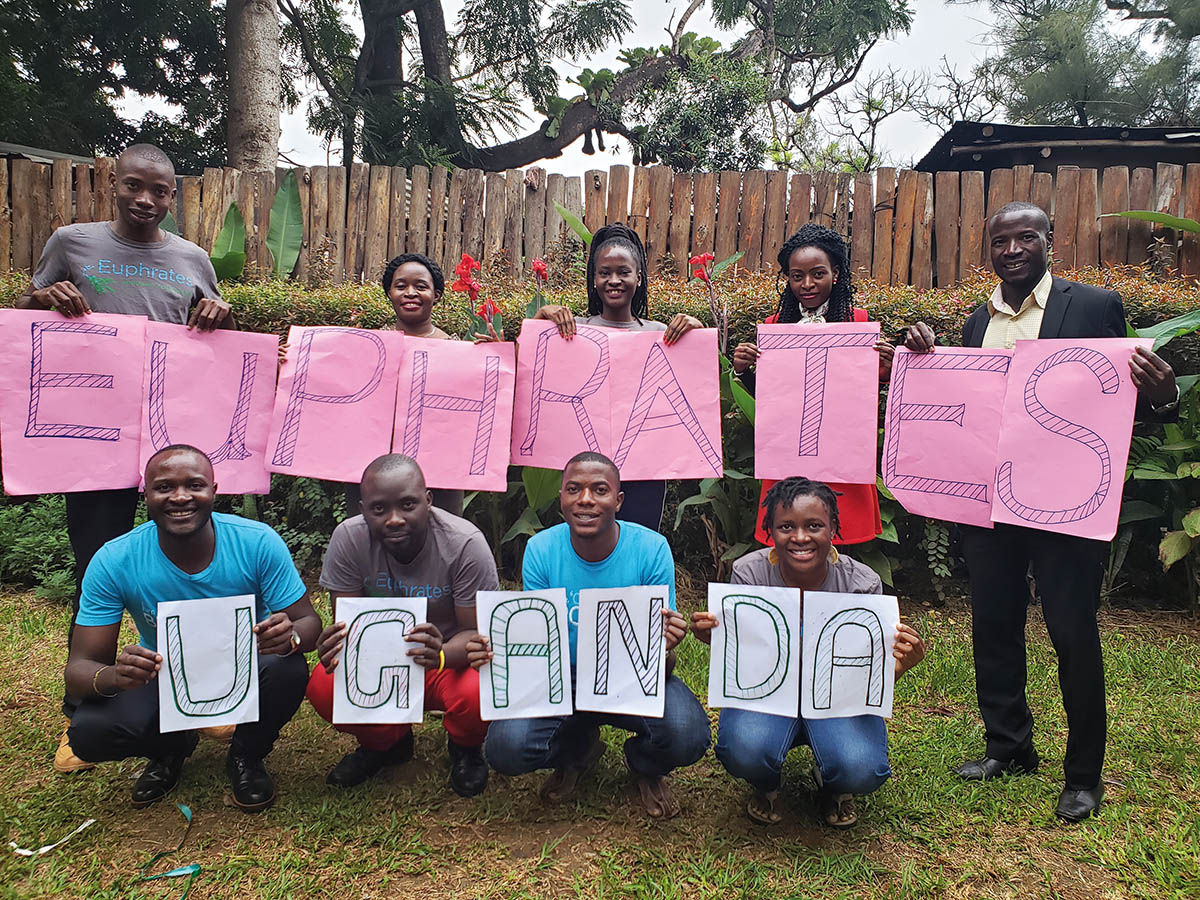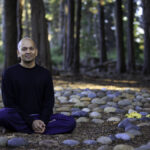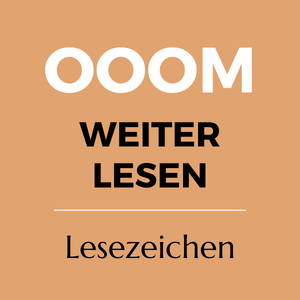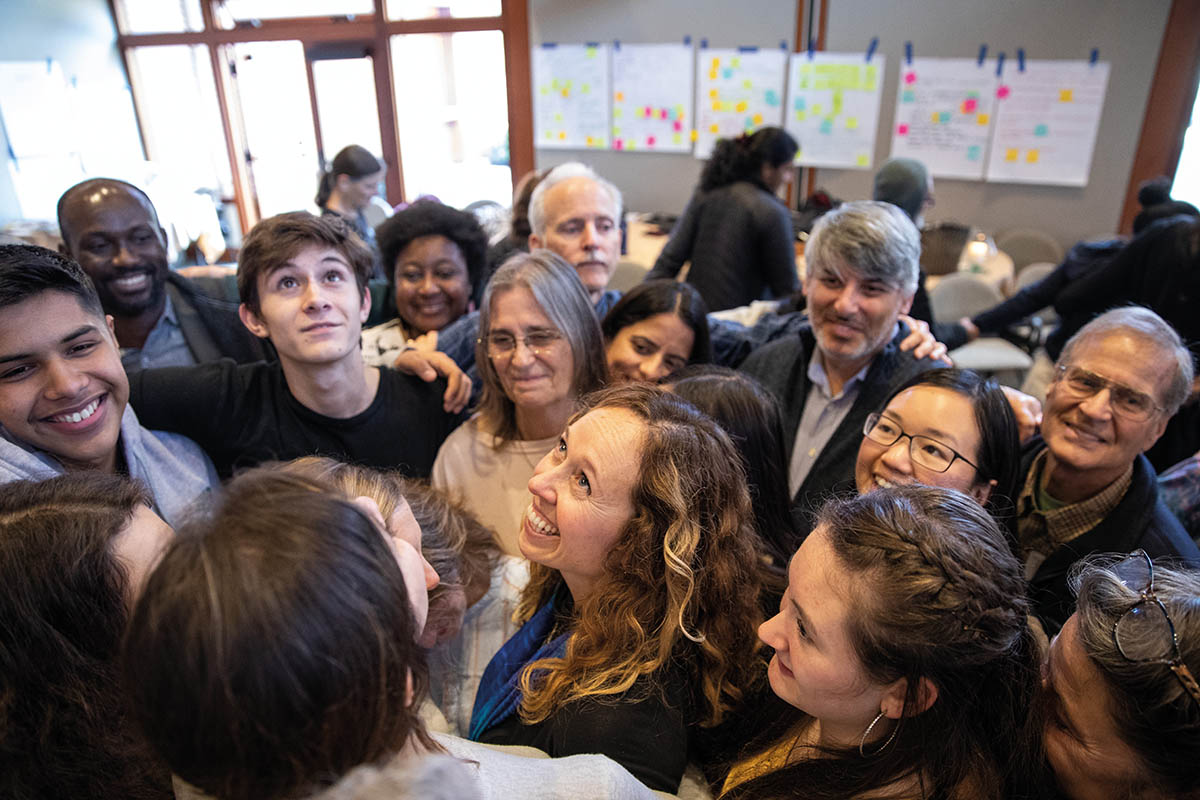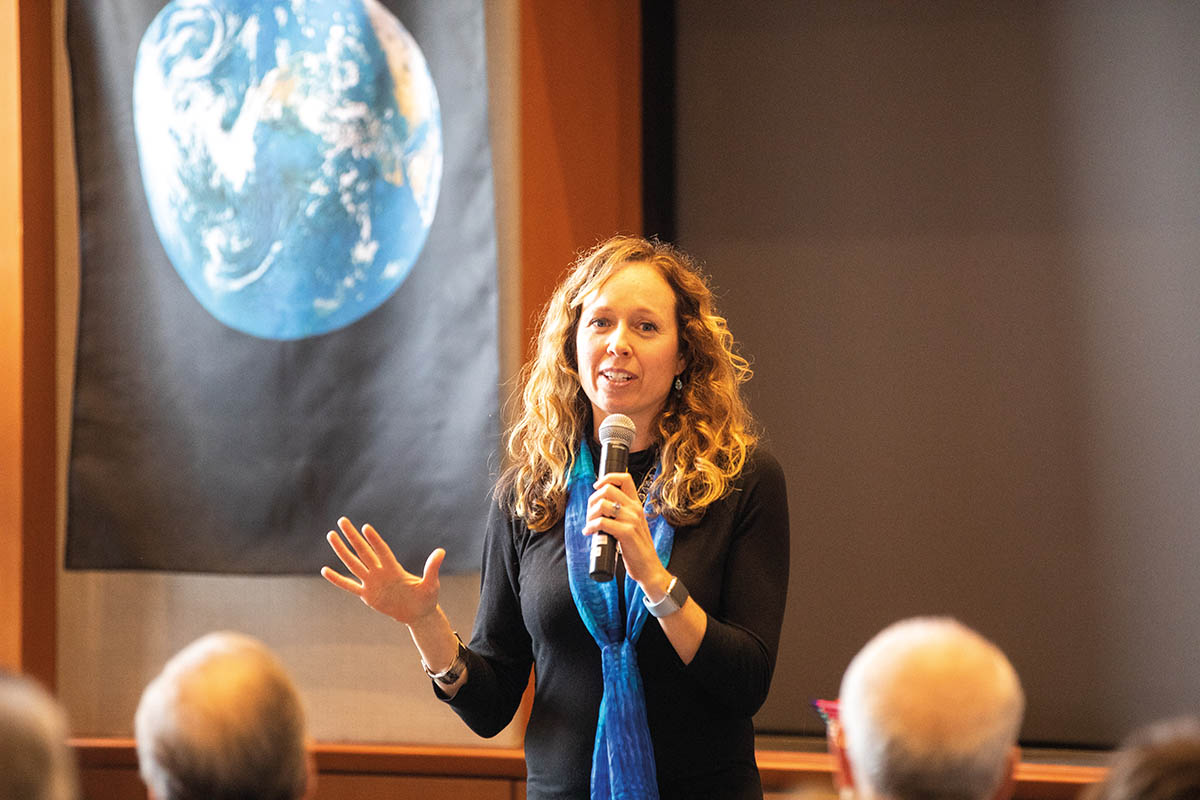
Did you receive special protection in the war zone?
During the first big battle in Fallujah, about 30 miles from Baghdad, I was staying at the military base outside the city, one night there was a heavy mortar attack. I was in my trailer and hid under my bed. Later I discovered a note on my door, “If you need anything, I will help you and protect you.” It was just a thoughtful, endearing note from a colleague, but it was very comforting to know that there were people looking out for me. My boss was under a lot of pressure from his supervisor to send me back to Baghdad. But I said, “I can’t imagine being anywhere else!” And he replied, “Well, then I’ll give you my full support!” I had a thick skin and I was mission oriented, that was helpful.
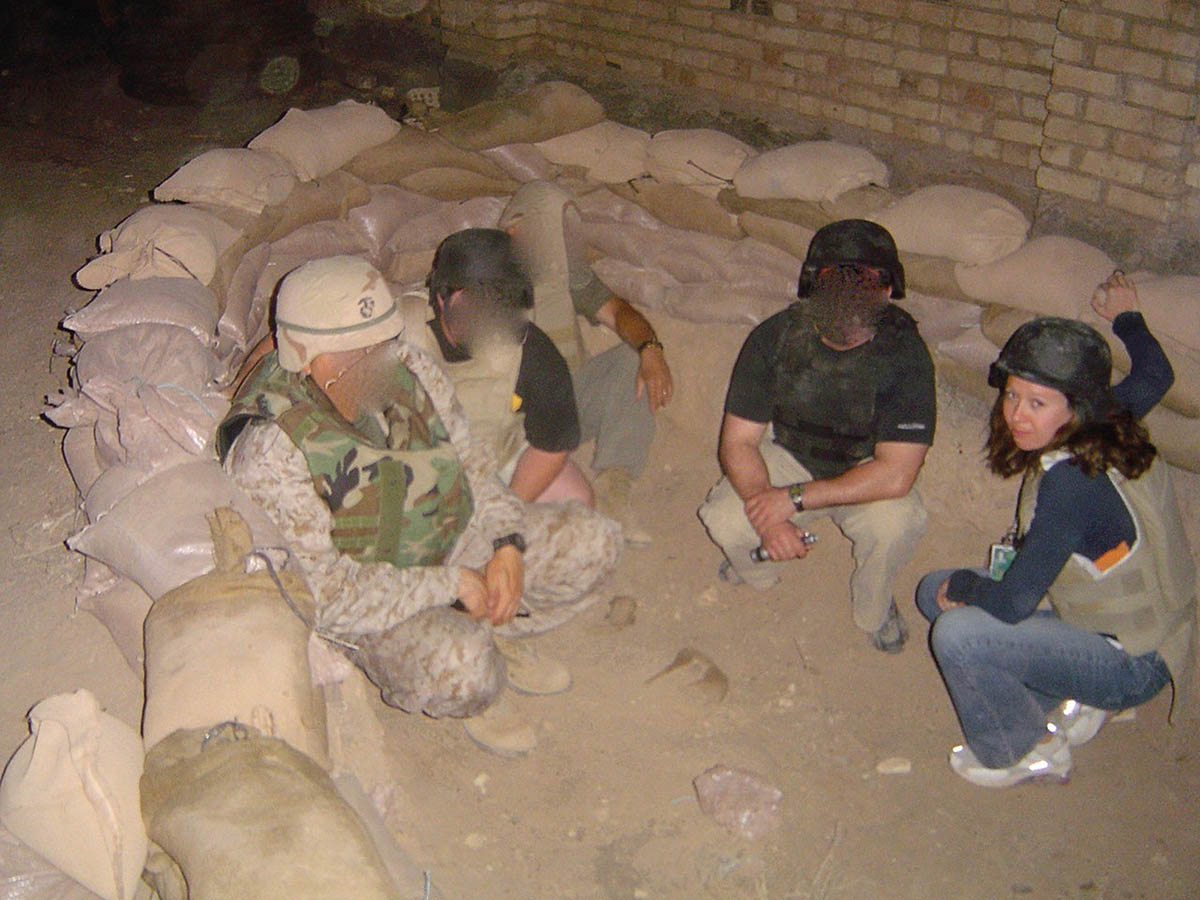
In your numerous speeches to state and educational institutions you often speak of the resolution of “Turning the other into a brother”. How did you perceive the Iraqis back then? Was it a strategy of empathy or did you try to keep a certain distance?
I wish it had been the former. It was difficult for us at the beginning of the war in 2003 to understand why the insurgency was growing. We really thought that the Iraqis would welcome us with open arms and throw flowers in the streets. As a counterinsurgency analyst, I tried to understand what factors were responsible for this. Were they religiously motivated or former Saddam loyalists? Were they foreign or domestically financed? How were they coordinated? No attempt was made to develop empathy. With this viewpoint, it was much more an “Us against them”. Every time we crossed somebody off our target list, there were a hundred more filling the spot. I realized that our strategy was not working. That’s when it started giving me this feeling of helplessness. All these wasted resources and all these people killed on both sides – where was the light at the end of the tunnel? Where was the feeling of progress? What was I doing there when I didn’t contribute to anything positive? I knew then that I wanted to make a difference. I wanted to get to know the Iraqis as people and build relationships with them. For me it was incredibly transformative to move from the original hostility to a relationship with them.
Every time we crossed someone off our target list, a hundred more filled the spot. I realized that our strategy wasn’t working.
You often speak of a drastic experience you had on the river Euphrates.
In early 2004, I was at a military base outside Fallujah during a major battle between US Marines and Iraqi insurgents. Weeks later I was sitting by the river Euphrates in a neighboring town. It was so still and quiet in contrast to the war zone and the bombs. Here was this river of life, this unstoppable force that flows in the midst of all this destruction. The question I asked myself was: What will I choose? At that moment I knew that I wanted to choose the river with my whole being. I could do nothing else but to choose the river, life and peace. I went to my boss and I said I didn’t want to do counterinsurgency anymore, I had to do something good for Iraq, I had to contribute, and without batting an eyelid he said, “Okay, let’s do that for you!” I applied for another position and got a human rights portfolio. It was there that I started working with Iraqi political parties. So I became the liaison for the office of the Iraqi Prime Minister and focused on the first democratic elections in Iraq’s history.
